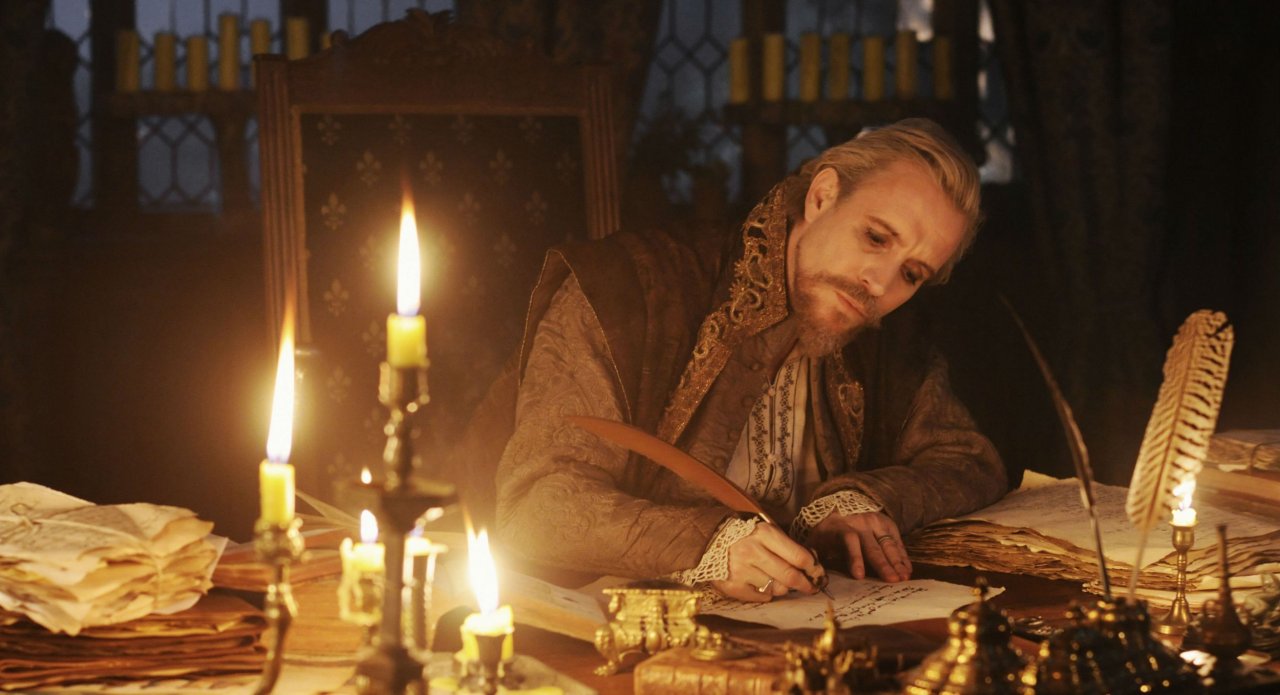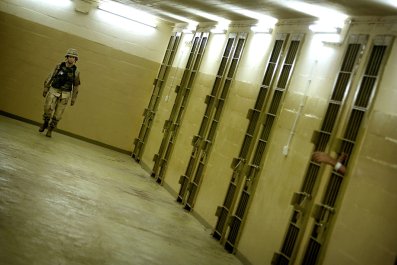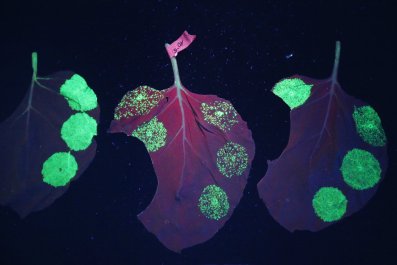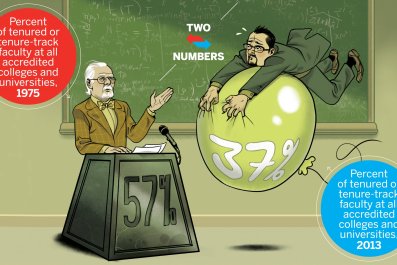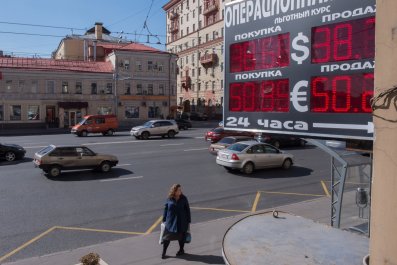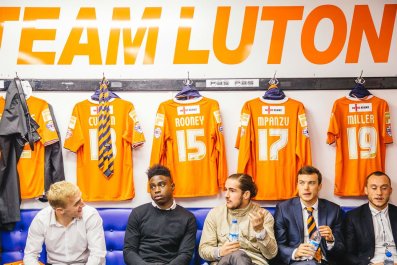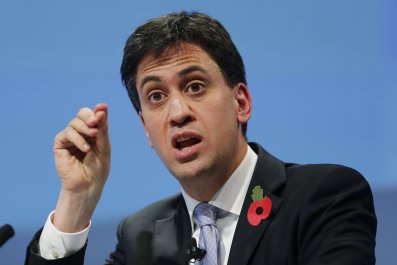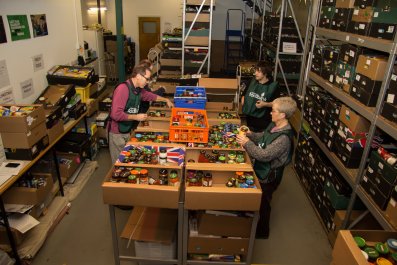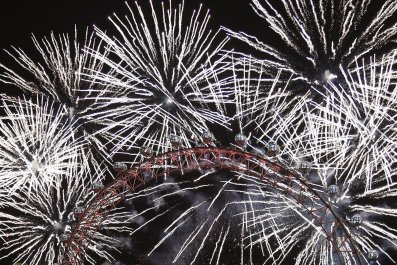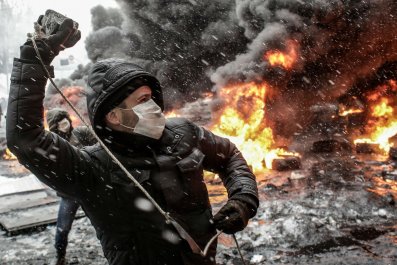The greatest ongoing investigation in literary history has been caused entirely by William Shakespeare's thoughtlessness. He left no paper trail. Not a single poem or letter or play has ever been found in his own hand. We have just six shaky signatures. His will mentions no books, plays or anything else to suggest the balding Stratford businessman was also a writer.
His personality, love interests, movements are all a total mysery. The documents relating to his life are all of a legal nature. Nobody ever recognised Shakespeare as a writer during his lifetime and when he died, in 1616, no one seemed to notice. Not a single letter refers to the great author's passing at the time.
Now, a new book has fanned the flames of treason by saying that Shakespeare of Stratford, far from being the most colossal literary genius of all time, was a provincial Midlands nobody who could barely write his name. Shakespeare in Court by Alexander Waugh is written in a mock trial format. It sifts the evidence and, without putting forward any other candidate, asserts that there are plenty of reasons to think Shakespeare was a front man or pseudonym for some highly educated, well-travelled courtier, who preferred to keep his identity secret in an age when pen-names were common.
Waugh and a prominent group of doubters called the Shakespeare Authorship Coalition (SAC) felt sufficiently confident of their ground that they took out a full-page advertisement in The Times Literary Supplement, offering to donate £40,000 to the Shakespeare Birthplace Trust if it could establish, in open debate, beyond reasonable doubt, that William Shakespeare of Stratford was the author of the Complete Works. The money was put up by an assortment of supporters, including the actors Sir Derek Jacobi and Michael York. The Birthplace Trust curtly declined.
"Can you believe it? A registered charity turned down the opportunity of £40,000 to defend the very basis on which they are founded!" exclaims the irrepressible Waugh, grandson of the novelist Evelyn Waugh and honorary president of SAC. "We are now considering a formal complaint to the Charities Commission and appealing to anyone who would like to join in a class action suit against the Trust for all the money they've taken under false pretences. I am publicly accusing them of that and I am waiting for my writ. Where is it?"
It's not in the post. The Birthplace Trust would greatly prefer it if the Coalition would go away and boil its head. The Trust has stated its case for Shakespeare repeatedly and at length, notably in an online Authorship Campaign (featuring a battery of orthodox scholars) and in Shakespeare Bites Back, published as a spoiler the day before the 2011 film Anonymous came out. Starring Rhys Ifans, Anonymous (the poster read "Was Shakespeare a fraud?") dramatised the "Oxfordian" claim that Edward de Vere, 17th Earl of Oxford, was the true author of the plays. Yet no matter how much the scholastic Shakespeare establishment insists that the doubters are fruit loops, flat-earthers or simply snobs, who can't bear the idea that the world's greatest poet was a mere grammar school boy and not a glamorous aristo, the case against Shakespeare is as vociferous today as at any time since it first gained credence in the mid-19th century.
Apart from a sizeable community of dandruffy amateur code-breakers and anagram-spotters looking for clues as to the identity of the real author, the doubters' camp can also boast some world-class minds down the years, including Sigmund Freud, Mark Twain, Henry James, Charles Dickens and historian Hugh Trevor-Roper, who found the case for reasonable doubt about the author's identity "overwhelming" (though it should be pointed out that Trevor-Roper also famously believed the forged Hitler diaries were genuine). Every time a book asserts Shakespeare was the true author, another one of apparently equal erudition comes out saying, "Where's the evidence?"
Last year, Professor Stanley Wells published an e-book titled, Why Shakespeare WAS Shakespeare. It didn't do the trick with one customer – Prince Philip. When the author asked him if he was a heretic, the Prince is reported to have replied, "all the more so after reading your book." Prince Philip apparently thinks a Tudor diplomat named Sir Henry Neville wrote at least some of the plays. But even the House of Windsor is divided on this national debate: Prince Charles is president of the Royal Shakespeare Company, which is in no mood to re-brand itself as The Royal Possibly-Not-Shakespeare Company. Indeed the RSC summarises without mercy on their website the doubters' collective mental state: "ignorance; poor sense of logic; refusal, wilful or otherwise, to accept evidence; folly; the desire for publicity; and even (as in the sad case of Delia Bacon, who hoped to open Shakespeare's grave in 1856) certifiable madness."
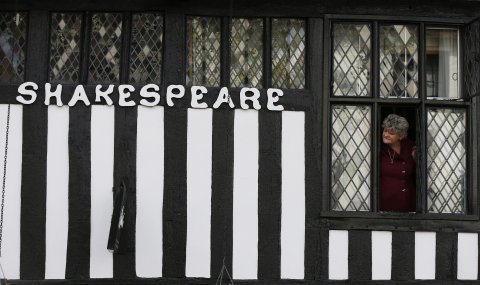
But does it really matter who wrote these wonderful plays? According to one notable paid-up doubter, Derek Jacobi, "Yes, it does! The disclosure of the real author would enhance not only the historical significance but also the contemporary excitement of these treasures for both actors and spectators; and it shouldn't be regarded as potential professional suicide, heresy or an actor's silliness to come out and say so."
Stanley Wells, in his Stratford office, sighs at having to repeat all the points he's made over the years about Shakespeare's identity. For him, there is no mystery: "Yes, there are gaps in the records, as there are for most non-aristocratic people. We do, however, have documentary records and there's lots of posthumous evidence. There's evidence in the First Folio, the memorial in the church here in Stratford, the poem by William Basse referring to him, all of it stating that Shakespeare of Stratford was a poet," he says.
But if that's the case what about the £40,000 mock trial – easy money, surely? "Public debates are an exercise of forensic skill rather than an intellectual scholarly exercise. So no, we are not going to debate or take their money. I would hope we have more dignity."
What would settle this question for good? "I would love to find a contemporary document that said William Shakespeare was the dramatist of Stratford-upon-Avon written during his lifetime," says Wells. "There's lots and lots of unexamined legal records rotting away in the national archives; it is just possible something will one day turn up. That would shut the buggers up!"
The doubters, meanwhile, are busy writing and convening. Among them is the actor Mark Rylance, a trustee of the Shakespeare Authorship Trust (founded in 1922), which has just had a conference on the authorship question at the Globe Theatre. Indeed, heresy seems to be spreading. Brunel University now even has a course on the authorship and one survey shows that 17% of American literature professors think there is room for reasonable doubt about Shakespeare's identity. Even in the States, you probably wouldn't find 17% of biology professors doubting evolutionary theory.
The battle continues. Alexander Waugh and a phalanx of combative Shake-sceptics are already looking forward to hosing cold water over the 400th anniversary of the Bard's death in 2016. "The Stratfordians have been trying to pretend we don't exist for a long time, but now they're running scared," says Waugh. "As Mahatma Gandhi said, 'First they ignore you, then they ridicule you, then they fight you, and then you win.' We've got to the fight bit."


